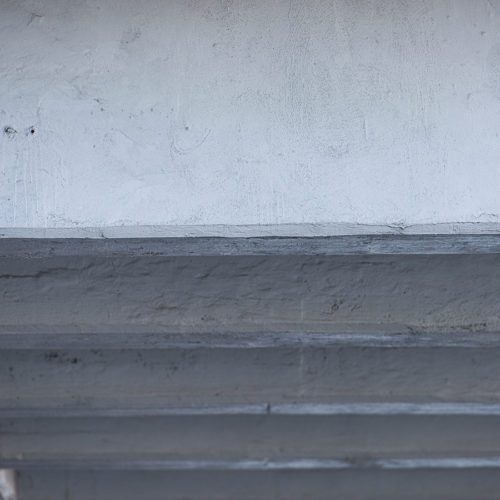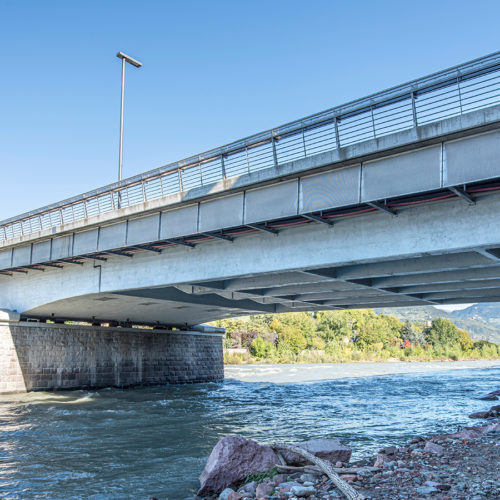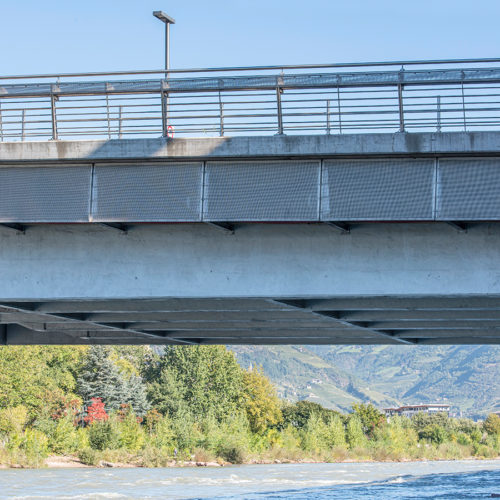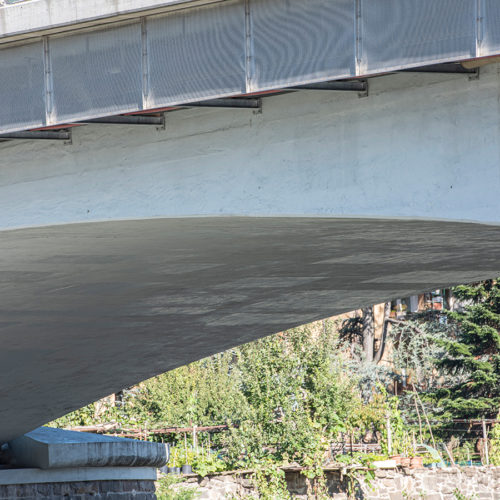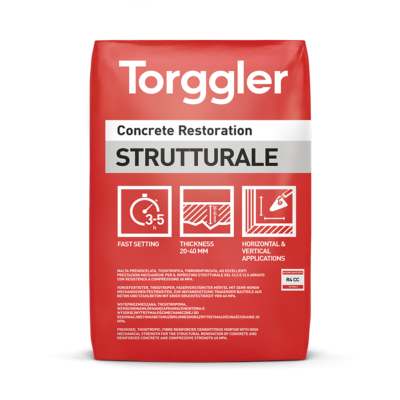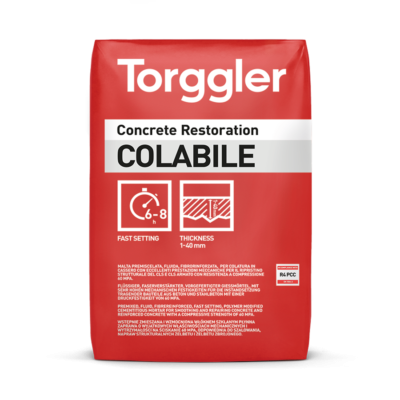Renovation of the Resia bridge in Bolzano
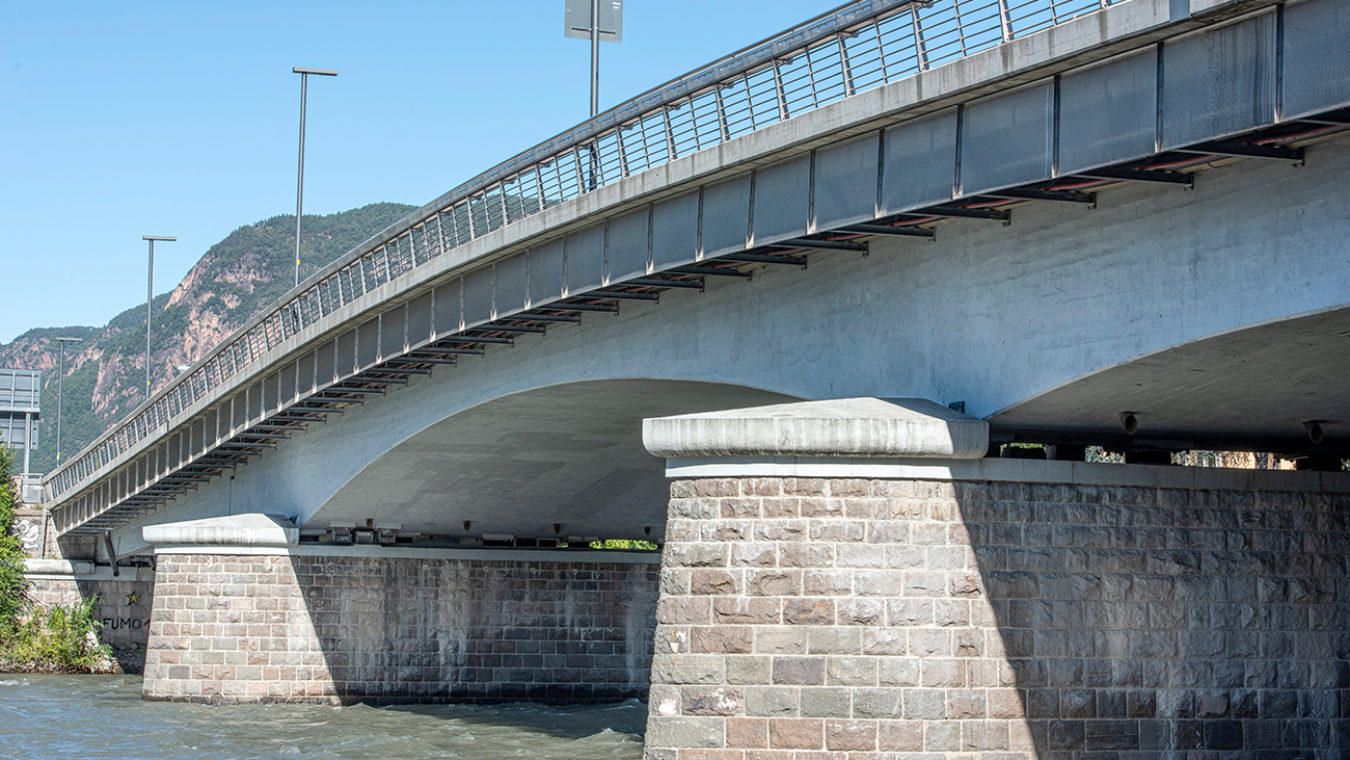
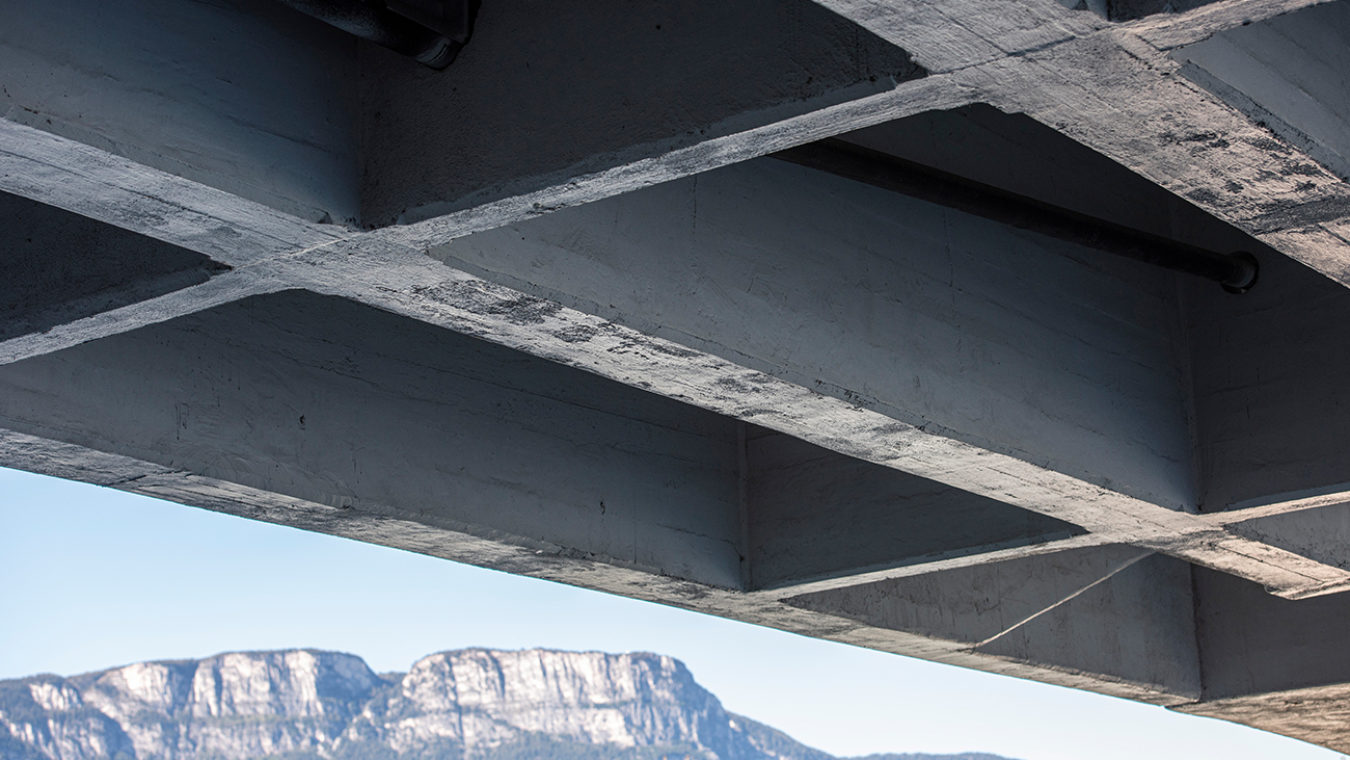
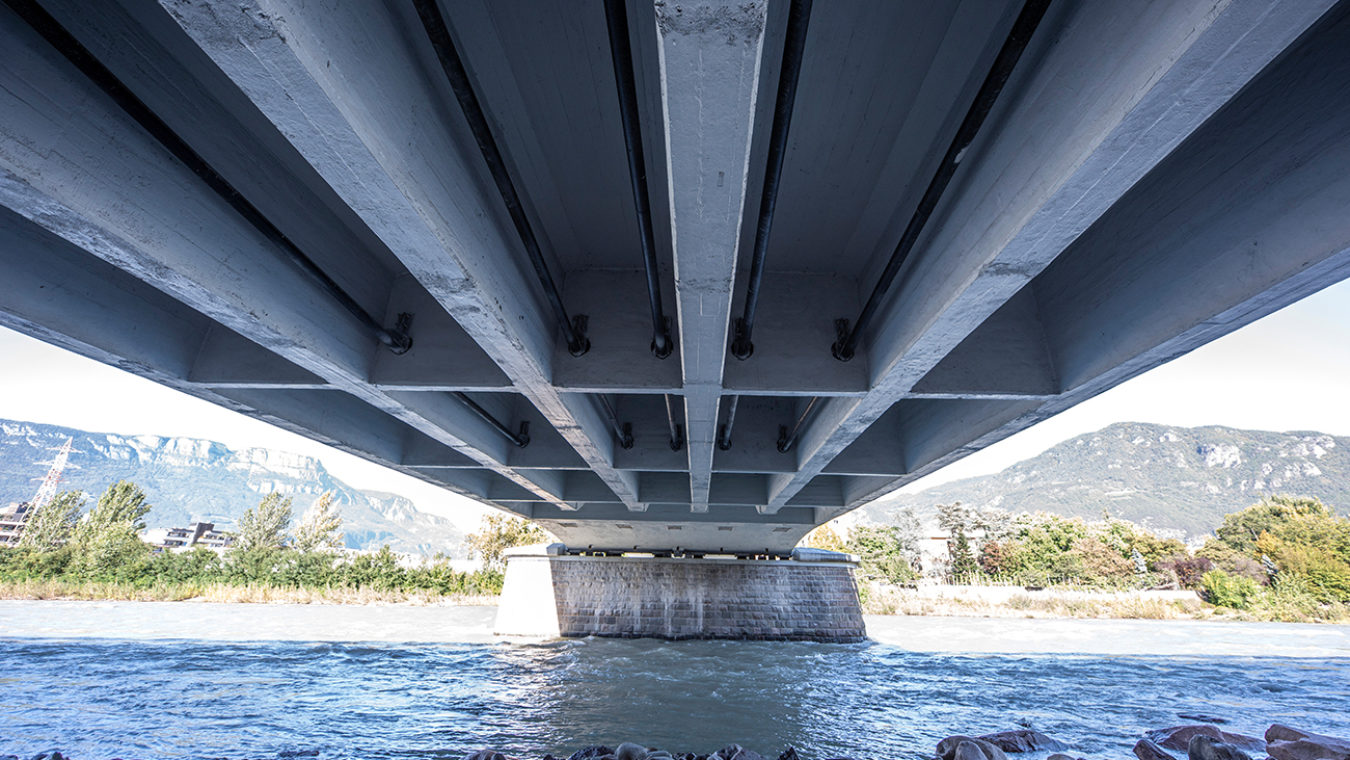
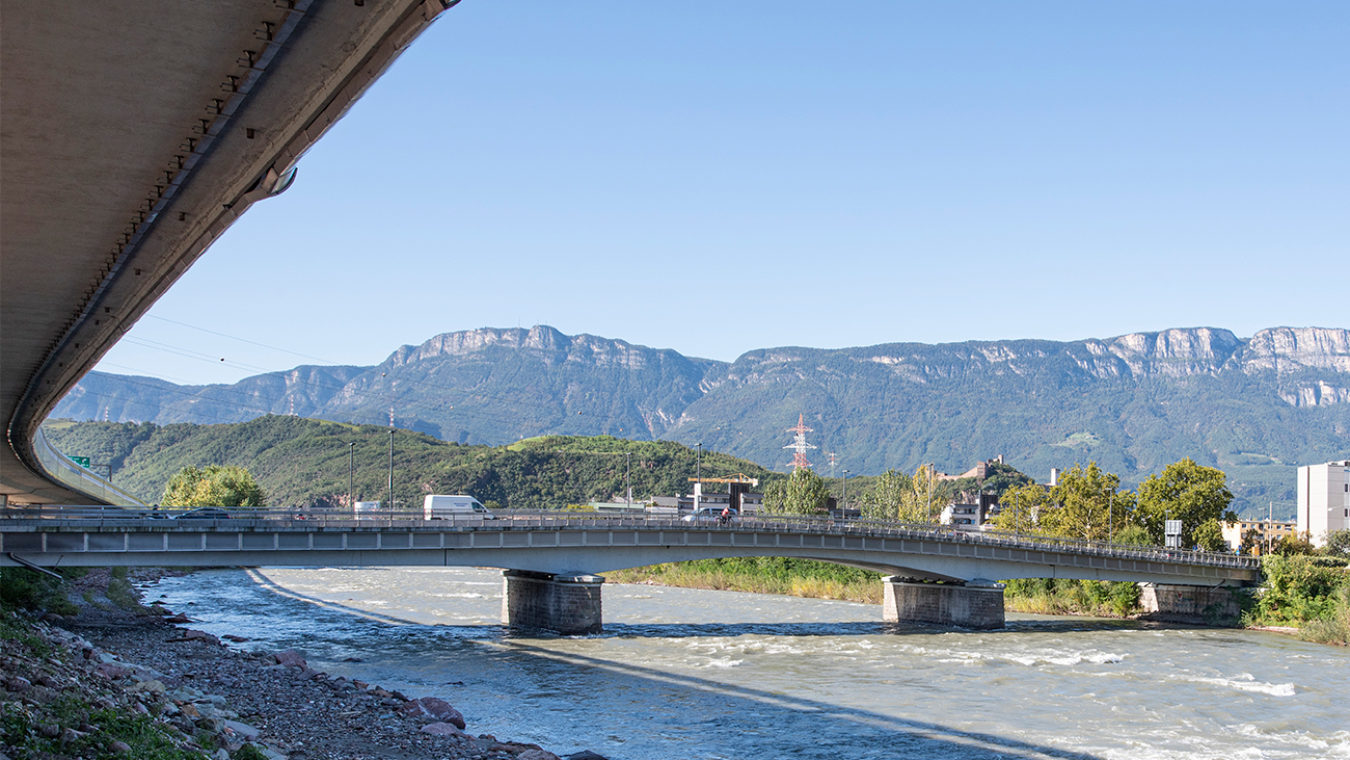
In 2012, the Resia Bridge was brought up to current structural and seismic standards and extended or improved by the construction of new parapets, flower boxes, cycle and pedestrian paths. In order to make the entire bridge safer for everyone, the carriageway was also separated from the cycle and pedestrian paths.
Originally, the bridge construction started in 1939 with the aim of creating a connection between the new industrial zone and the residential area “Semirurali”. Only after the end of the Second World War in 1949 the construction works were finally completed.
In order for the bridge, built in the 1940s, to meet current standards, structural reinforcement of the bridge underside, such as beams and piers, had to be provided. After sandblasting, milling and partial demolition, the exposed reinforcing irons were treated with Ferri 1K. Ferri 1K was specially developed for corrosion protection of the reinforcing bars and carbonation protection of reinforced concrete.
Strutturale was used for the repair of the concrete structure due to its high mechanical strength, excellent thixotropy and workability of the mortar. Strutturale can be applied manually or mechanically, up to a thickness of 30 mm in a single layer and up to 80 mm in several layers. The prefabricated cementitious mortar conforms to the EN 1504-3 standard, type CC and class R4 for concrete repairs, and guarantees high mechanical resistance, with particular attention to flexural strength, an important parameter for the professional repair and reprofiling of concrete and reinforced concrete.
In some areas, where beams are subject to heavy loads, Colabile casting mortar has been used to facilitate the work. This self-levelling mortar is particularly suitable for the structural repair of beams and pillars, where it is possible to install formwork. Colabile is a fibre-reinforced cementitious mortar with high mechanical strength, type PCC and class R4 according to EN 1504-3.
The Monorasante cementitious mortar has been applied for levelling and final smoothing of the entire underside. Monorasante is the ideal product for surface treatment, even on larger surfaces, as was the case here, and corresponds to type PCC and class R1 according to EN 1504-3.
The excellent workability of Torggler’s products also meant that the construction work was completed sooner than planned and the bridge now shines in new splendour.
